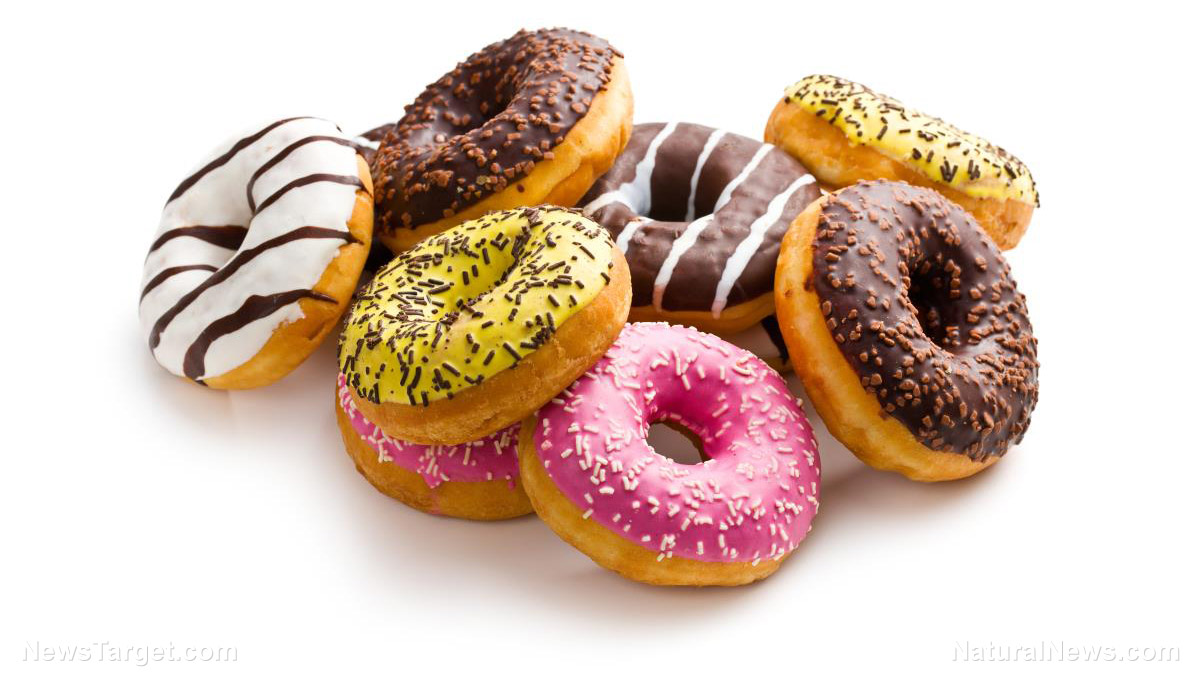
Advertisement
Obesity is a public health crisis in the U.S., as shown by its alarming prevalence over the past three decades. By 2030, 86.3 percent of American adults are projected to be overweight or obese. Unfortunately, there is no readily available “cure” for obesity. Instead, its prevention relies on a number of measures, such as exercising regularly and eating a balanced diet.
But this is easier said than done, especially with plenty of processed foods at our fingertips. For instance, foods such as cakes, chips and pizza can make it extremely difficult to commit to a healthy diet. However, if you often struggle to limit your consumption of these foods, then you may be dealing with a food addiction.
Recent studies show that food addiction is a contributing factor to the prevalence of obesity. High amounts of sugar, carbohydrates, fat and sodium have potential addictive properties, which can trigger food cravings, overeating and binge-eating.
A team of researchers from the University of Michigan and the New York Obesity Research Center conducted a survey to determine the most addictive foods and found an overwhelming abundance of processed foods among the responses. The review, which was published recently in Appetite, provided evidence to suggest that processed foods may share similar characteristics with addictive drugs.
The similarities between food and drug addiction
The two-part study involved surveying 120 undergraduate students and conducting a questionnaire among 384 participants gathered via a crowdsourcing marketplace. Participants in the first group were all between 18 to 23 years, while participants in the second group were anywhere between 18 to 64 years.
The participants in the first group rated each of the 35 food options from 1 to 7, with the latter being the most addictive. This measure is based on the Yale Food Addiction Scale (YFAS), which measures how addictive a food is based on certain criteria. For instance, a food counts as addictive if it causes the person to eat more than they intended to, or if the person struggles to completely avoid the food. Many of the 35 food options contained high amounts of fat and sugar, like ice cream, cookies and gummy candy. Many foods were also highly processed, such as breakfast cereal, buttered popcorn and soda. Meanwhile, the participants in the second group rated each of the 35 food options on a Likert scale from one to seven, with seven being “extremely problematic.”
The researchers found that highly processed foods were associated with key indicators of drug addiction and substance abuse. The researchers suggested that this may be due to the unhealthy combination of compounds that caused elevated feelings of pleasure and happiness, such as fat and sugar.
The most addictive foods
The two surveys yielded similar results with only minimal differences in ranking. The respondents identified the following as the most addictive foods:
- Chocolate
- Ice cream
- French fries
- Pizza
- Cookie
- Chips
- Cake
- Buttered popcorn
- Cheeseburger
- Muffin
- Breakfast cereal
- Gummy candy
- Fried chicken
- Soda
- Plain rolls
- Cheese
- Pretzels
- Bacon
- Plain crackers
- Nuts
People who are addicted to food may struggle to curb unhealthy eating habits despite genuine efforts. But don’t panic if you catch yourself developing patterns of unhealthy eating habits. One way you can avoid frequent unhealthy cravings is by snacking on fibrous fruits in between meals. Fiber can induce feelings of fullness, and many fruits are loaded with antioxidants and essential nutrients. On the other hand, if you are addicted to soda and other artificially sweetened beverages, consider making your own fruit juice or fruit shakes at home.
Sources:
Advertisements







